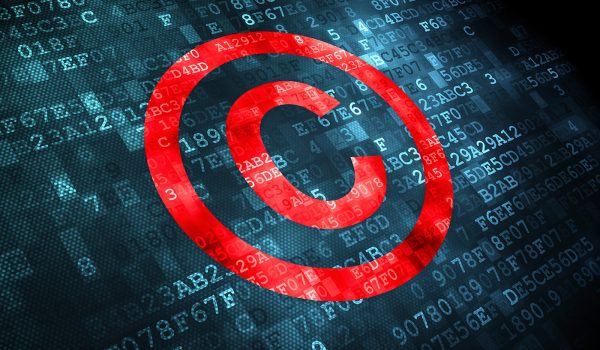On March 4, 2019, in Fourth Estate Pub. Benefit Corp. v. Wall-Street.com, LLC, 586 U.S. ___ (2019), the U.S. Supreme Court resolved a long-standing circuit court split by answering the question of whether copyright registration occurs at the time a copyright owner files an application to register the copyright or when the Register of Copyrights grants the copyright (or refuses to register a copyright).
In a unanimous opinion authored by Justice Ruth Bader Ginsburg, the Supreme Court ruled that “registration of [a] copyright claim has been made” within the meaning of the Copyright Act when the Copyright Office has acted upon a registration by either registering a copyright after examining a properly filed application or refusing to register it. 17 U.S.C. §411(a). In so holding, the Supreme Court rejected the “application approach” that had been previously adopted by the Fifth and Ninth Circuits, siding with the Tenth and Eleventh Circuits that had adopted the “registration approach.” Proponents of the “application approach” unsuccessfully argued that having a copy of the application, deposit materials, and fee on file with the Copyright Office was all that was necessary to satisfy the Copyright Act’s registration requirement before an infringement lawsuit could be filed.
Adoption of the “registration approach” means that a plaintiff must have a copyright registration (or refusal to register) in hand from the Copyright Office in order to file a copyright infringement suit. Copyright applications submitted electronically generally take between two and ten months to process. Applicants can pay a “special handling fee” (currently $800) to expedite processing of applications that are the subject of pending or prospective litigation. For applications that qualify for special handling, the Copyright Office “makes every effort” to complete examination of the claim within five working days.
Key takeaways from this decision are as follows:
- A valid copyright registration or refusal is necessary prior to bringing a copyright infringement claim.
- For works that are unregistered at the time of infringement, copyright owners who want to bring suit quickly will need to request special handling, for an extra fee, to have their applications processed by the Copyright Office on an expedited basis—usually within five business days.
- To save on special handling fees, copyright owners should consider filing registrations for works that they believe are likely to be infringed as soon as possible.

